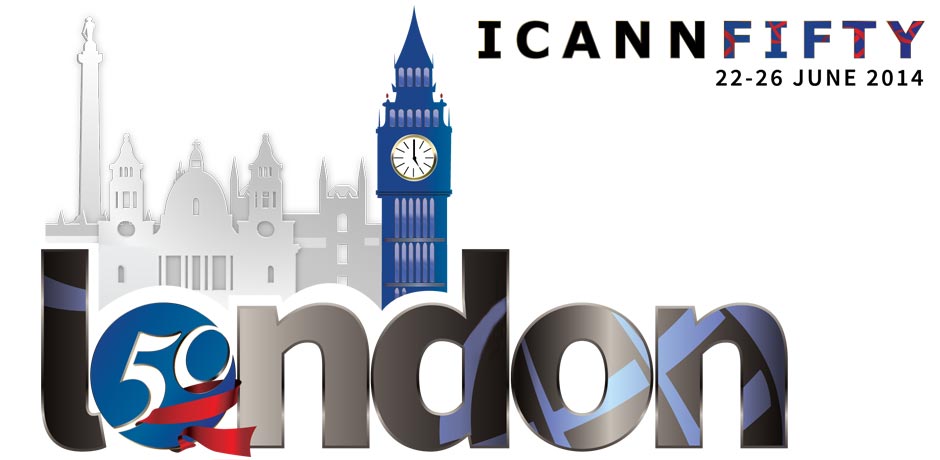“The temperature in the room is warm and I suspect it will get a whole lot warmer before we are through.” So stated ICANN Board Chairman Steve Crocker at the beginning of the Board’s interaction with the GNSO Council on the afternoon of Sunday, June 22nd. Yet that dialogue never got beyond lukewarm. Both Crocker and CEO Fadi Chehade made clear that the recently published report of the Expert Working Group on gTLD Directory Services, a complex proposal to replace the current WHOIS registrant data service, was just the beginning of a dialogue with the community — and that it was premature to begin a Policy Development Process (PDP) based upon it. The main dust-up regarding the EWG report was the omission of a dissent regarding insufficient privacy protections filed by one of the participating experts.
Another point emphasized by both Crocker and Board member Bruce Tonkin was that ICANN policy was to be made by the GNSO and the other ICANN supporting organizations, with the Board’s role confined to overseeing the implementation of policy. As Tonkin summarized, the Board is a corporate one and “not a parliament”.
The temperature had been a bit substantially warmer earlier in the session as ICANN staff described the status of the IANA functions transition process and the parallel effort to develop an enhanced ICANN accountability structure. Many participants wanted a clear commitment that the transition plan would not go forward until an acceptable accountability framework had been formalized and accepted, but staff was unwilling to go beyond stating that they were “interdependent” and would inform one another. Staff was also pressed to explain why ICANN’s recent revision of the transition process plan, while making concessions on coordinating group composition and community-based selection of its members, had not broadened the scoping document despite numerous comments that it was far too narrow and sought to predetermine an outcome in which ICANN alone would be recipient of the IANA functions. But, while confirming that the scoping document remained unchanged, staff provided no clear rationale for that intransigence.
Following that impasse, CEO Fadi Chehade engaged in dialogue with the Council. Conceding that the workload burden on the community had reached unprecedented levels, he announced that senior staff would hold a weekend long meeting with the heads of ICANN’s supporting organizations and advisory committees to discuss ways in which that might be addressed.
Chehade also raised the “original sin” of continuing mistrust between ICANN and its community, but the ensuing dialogue reached no consensus on how to narrow the trust gap. Chehade’s closing words, in which he asked, “What is driving people who want to slow down the IANA transition? What interests do they represent?” indicated that the mistrust extends to ICANN’s executive staff as well. Our perception is that the overwhelming majority of the community accepts that the IANA transition will occur, but believe that finalizing it prior to the development and acceptance of enhanced accountability measures would surrender the only real leverage for improving ICANN’s adherence to community input in the future.
At Monday morning’s Welcome Ceremony, Chehade conceded that ICANN accountability must be improved. He also referred to the IANA transition as a removal of ICANN’s “training wheels”, and announced that ICANN staff levels would reach 300 by the end of 2014 as its globalization efforts continued – with no new staff additions planned for its Los Angeles headquarters office. Turning to Internet governance (IG), he pronounced the recent NETmundial meeting in Sao Paulo a success in laying the groundwork for the development of a distributed Internet cooperation ecosystem. He also indicated that, while ICANN would not be playing a lead role in future IG developments, it would soon announce a number of new alliances and coalitions related to it in the coming months. We’ll be standing by to see what those entail.
The real work of the ICANN 50 meeting in London is about to commence. We shall be actively participating and will report on important developments

